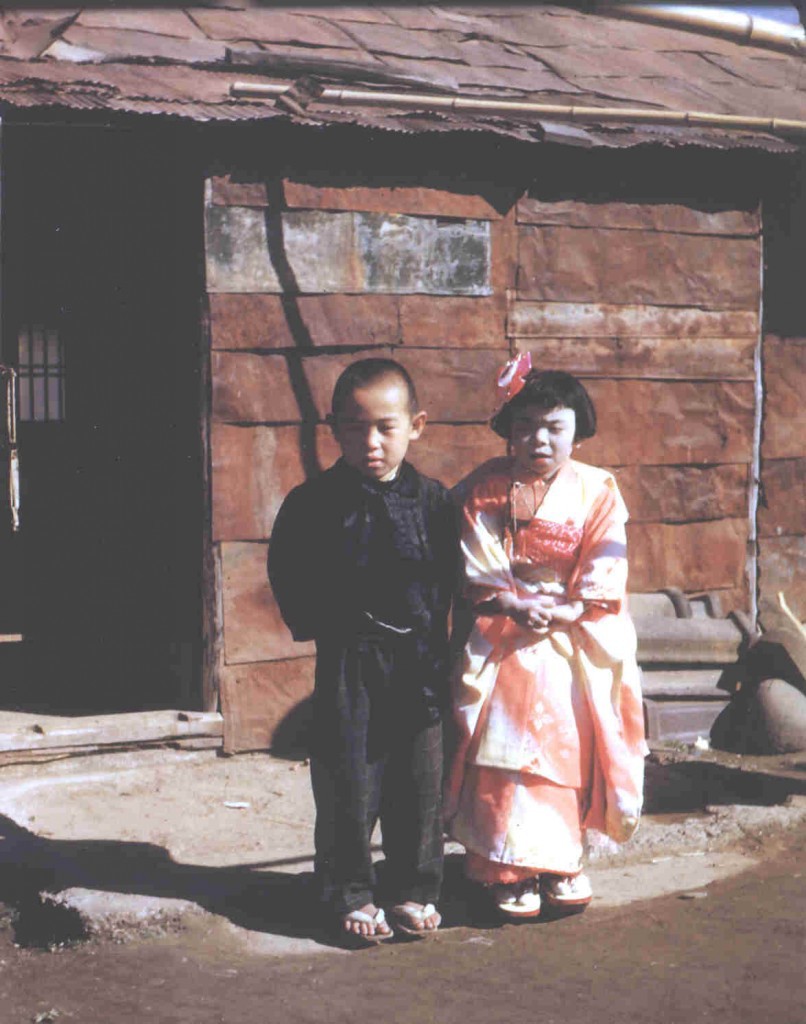
President Obama will visit Hiroshima on May 27, accompanied by Japanese Prime Minister Shinzo Abe. Should he apologize, pundits ask? Absolutely. My thoughts, just posted at The Nation.
The idea that the atomic bombings brought an end to war has always seemed ridiculous to me. By the summer of 1945, Tokyo and dozens of other cities had been obliterated. People throughout the country were, literally, starving amid the ruins, and any national pride and hopes for the future were long gone. My stepmother, Yasuko, survived the war in Kokubunji, a western suburb of Tokyo, where her preacher father had a church. She and her teenage brother were so weakened by hunger by the war’s end that they used to grab onto telephone poles to steady themselves while they were walking.
As the historian John Dower has written so eloquently, the “unthinkable” surrender of Japan was accepted with little question by the stricken population. Others have documented that the Emperor and his military advisers were ready for the final terms of surrender weeks before the bombs were dropped on Hiroshima and Nagasaki. Those events will undoubtedly be the source of much debate as Obama’s visit approaches, with many voices demanding that he forgo any expression of regret. I respectfully disagree. I believe an apology for unleashing the first nuclear holocaust in human history—and targeting civilians in those attacks—is in order, and long overdue.
There’s a precedent. President Eisenhower, who understood war better than any American leader, didn’t apologize, but he did express remorse. “I was against [use of the atomic bomb] on two counts,” he said in a postwar interview. “First, the Japanese were ready to surrender and it wasn’t necessary to hit them with that awful thing. Second, I hated to see our country be the first to use such a weapon.” And in The Fog of War, Errol Morris’s film about Robert McNamara, the former Secretary of Defense (who helped plan the destruction of Japanese cities) suggested that the US firebombing in the final months of the war should have been considered a war crime—but only if the United States had lost the war.
Click here to read the full article.
